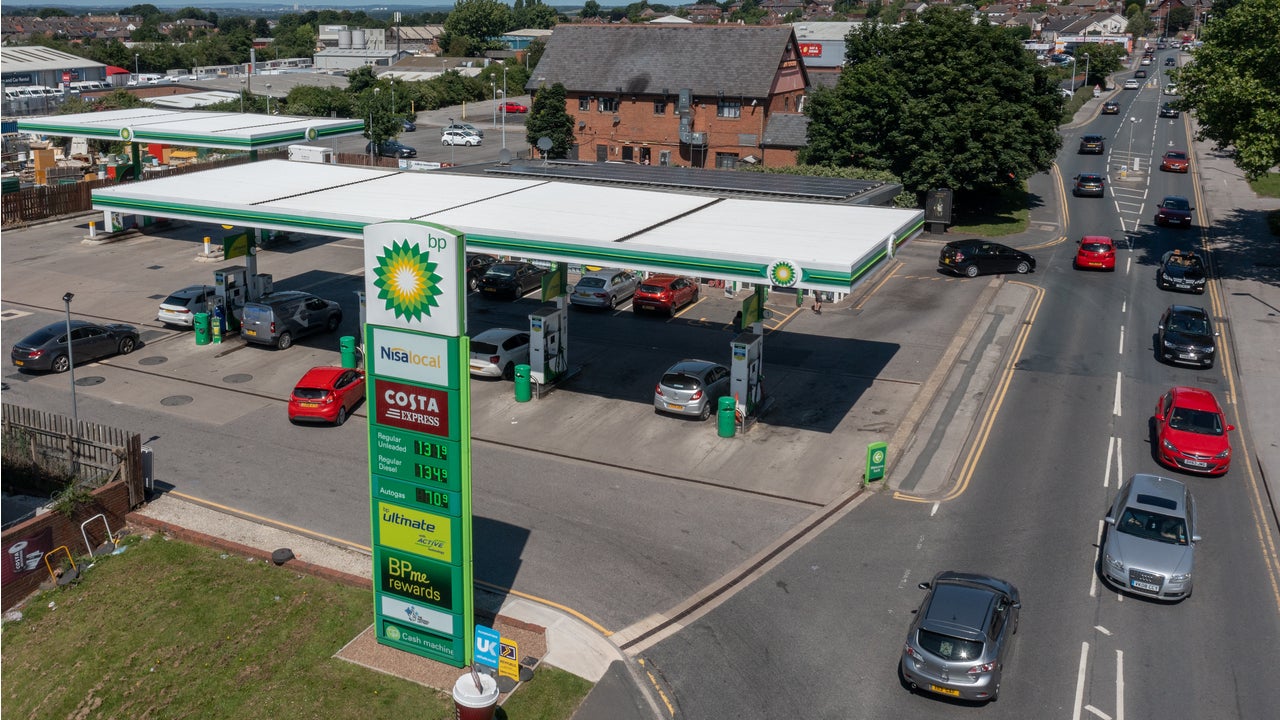Economists believe that higher energy and transport costs have pushed up prices at the fastest rate in a decade.
Dan Davies
Dan Davies, former regulatory economist at the Bank of England (BoE) and analyst for a number of investment banks, retweeted an article shared by Dean Baker, a macroeconomist and co-founder of the Center for Economic and Policy Research (CEPR), on Britain becoming the first major economy to raise interest rates after the Covid-19 economic fallout led to the fastest rise in prices of goods in ten years.
Baker tweeted that he would hate to ruin the belief that Biden’s recovery act would be inflationary, as the UK faced a big jump in inflation in a decade as well. In addition, the country did not even spend as much as the US in the form of Covid relief and had a central bank which was quite vigilant about the spike in prices.
A quick demand recovery after the easing of Covid-19 restrictions, shortages of goods and workers, and rising energy costs are driving the increase in prices across the world. The UK is also experiencing the fallout from Brexit, which adds to the cost of trading with the European Union (EU).
Economists are expecting the BoE to raise the bank rate by 15 basis points to 0.25% at its next monetary policy committee meeting to be held next month. While higher interest rates can increase the cost of borrowing for businesses and households, it will also encourage savings. The BoE cut interest rates to a record low of 0.1% in March 2020, when the Covid-19 pandemic hit to support the economy amid reduced activities as a result of the lockdowns and restrictions.
I hate to ruin the victory lap of all the people boasting that Biden's recovery act would be inflationary, but the UK also had a big jump in inflation, with no big stimulus and a very inflation-vigilant central bank https://t.co/AqDeJiazqr
 GlobalData Strategic Intelligence
GlobalData Strategic IntelligenceUS Tariffs are shifting - will you react or anticipate?
Don’t let policy changes catch you off guard. Stay proactive with real-time data and expert analysis.
By GlobalData— Dean Baker (@DeanBaker13) November 17, 2021
Austan Goolsbee
Austan Goolsbee, the Robert P Gwinn professor of economics at the University of Chicago’s Booth School of Business, retweeted an article shared by Mark Zandi, chief economist of Moody’s Analytics, on how Covid-19 continues to direct the course of the US economy, with millions of lives and jobs lost since its inception.
Despite hopes of the virus receding in the spring of 2021, with the introduction of vaccines, the Delta variant emerged stronger only to take more lives and cause further economic damage, and this time kindling a long-dormant inflation. Zandi believes that a year from now the pandemic will have receded and so will inflation.
The consumer price index, which measures the prices paid by consumers, is up 6.2% over the past year through October in the US, the highest in 30 years. This is putting more pressure on businesses and families already impacted by the pandemic. For a household earning a median income of $70,000 per year, the spike in prices is adding $200 per month to the living costs.
Zandi also believes that the gap between demand and supply, and subsequent inflation, will be more persistent coming out of the pandemic. However, moderate inflation will be achieved when frictions that slow supply catching up with demand ease.
The economy remains closely tethered to the pandemic. Delta hurt growth and sparked inflation. As Delta fades, so does inflation. @CNNOpinion https://t.co/sBiZf4uuNF
— Mark Zandi (@Markzandi) November 17, 2021
Diane Coyle
Diane Coyle, the Bennett Professor of Public Policy at the University of Cambridge, retweeted a podcast shared by The Productivity Institute, a UK-based research organisation, on how Britain’s current labour shortages can help productivity. Yale Selfin, chief economist at KPMG UK, stated that what is most striking about the labour shortages during Covid is the type of change in the labour market.
Selfin explains that usually an economic downturn is followed by a large rise in unemployment, but the nature of the Covid shock on the economy, as well as the programmes the government introduced to support its workers, created an almost the opposite effect.
While policymakers were always aware that Brexit will have a negative impact on the availability of workers in the UK, the changes in working and consumptions patterns due to the pandemic, coupled with EU workers quickly receding back to their homes, led to the massive shortage of workers, she added.
Can the UK's current labour shortages help #productivity? Find out in our latest podcast episode with host @bart_ark and guests @yaelselfin from @kpmguk & Professors @AnthonyRaffert and Tony Venables from @AllianceMBS
🎧https://t.co/00en5YvsUG pic.twitter.com/lXRyuRbi1n— The Productivity Institute (@TPIProductivity) November 17, 2021




